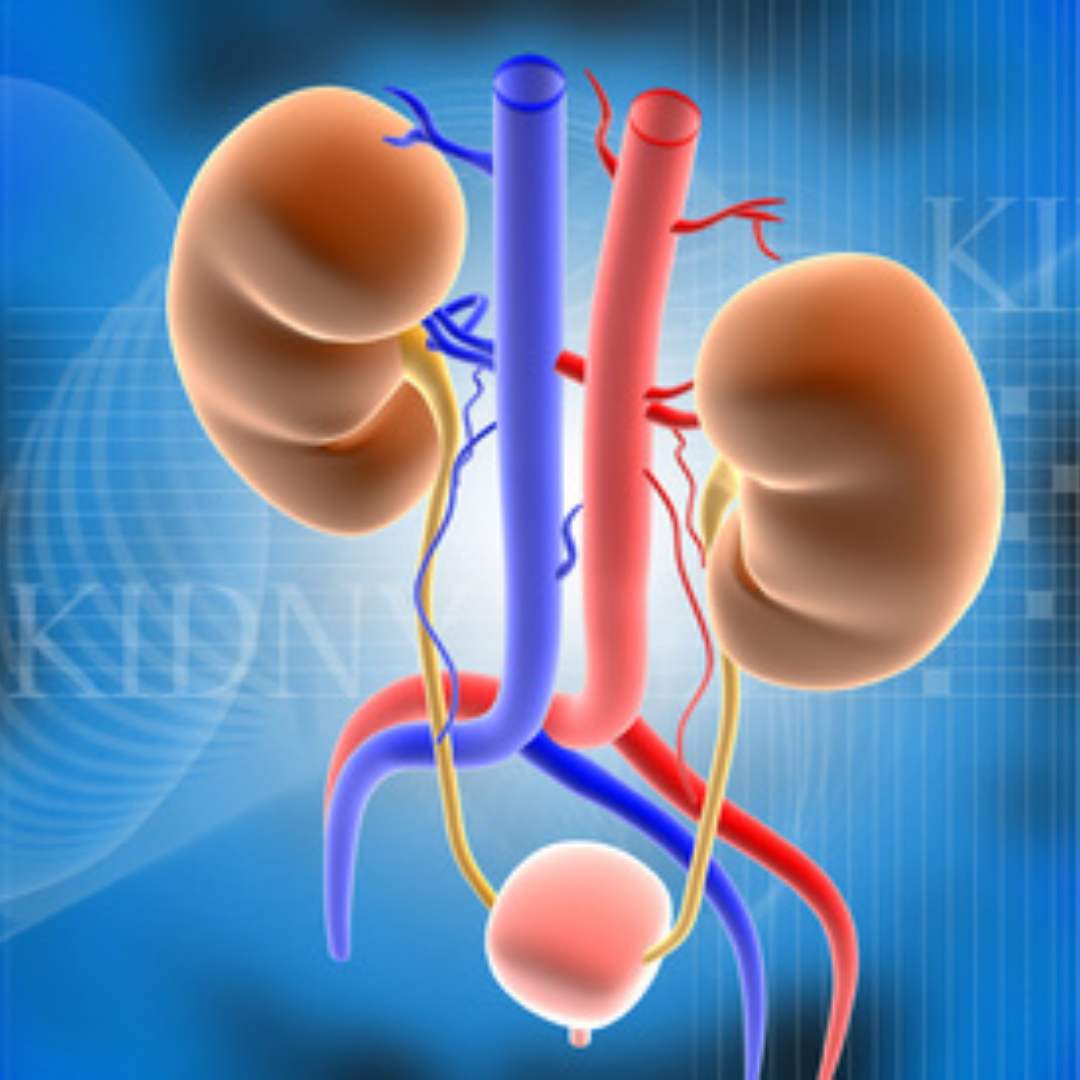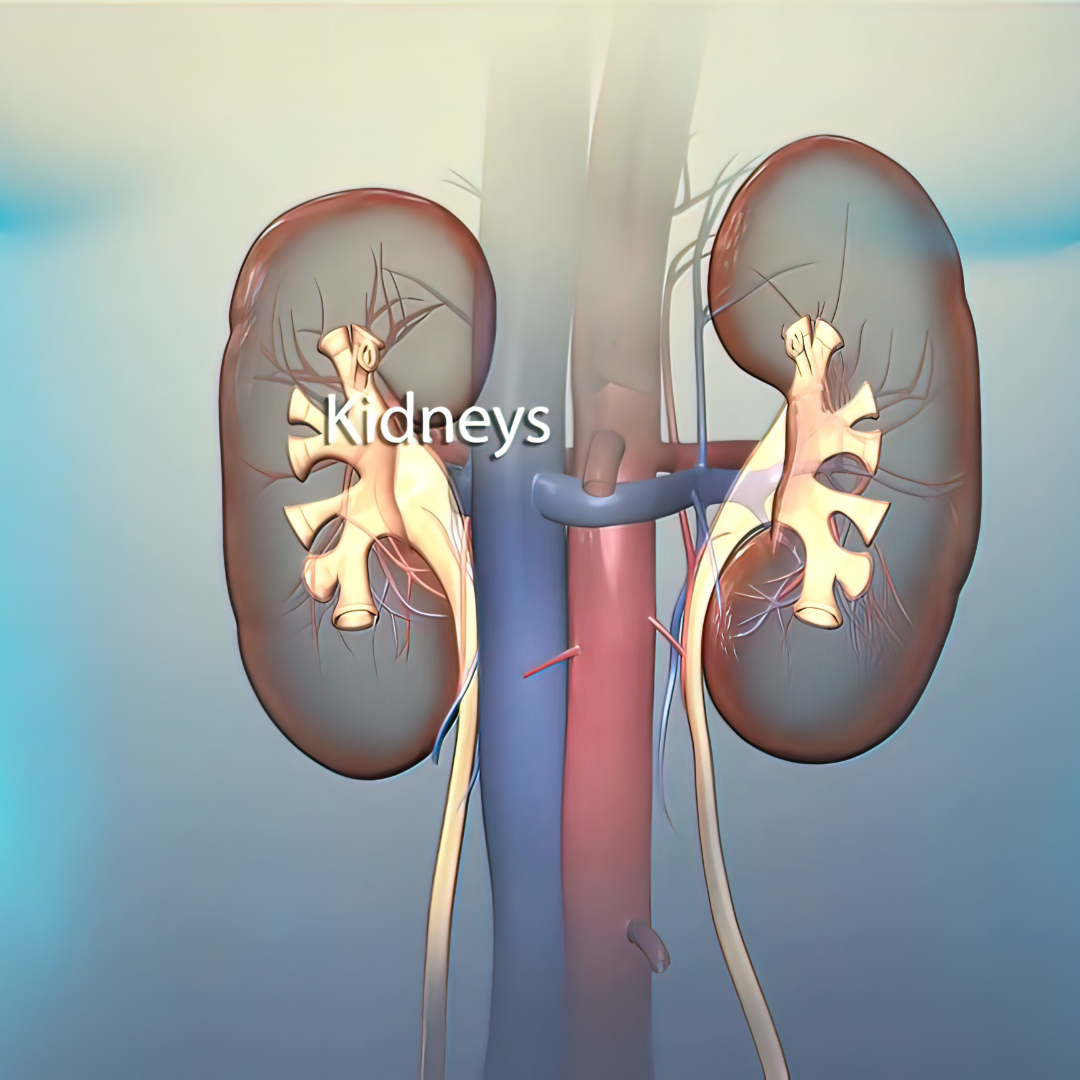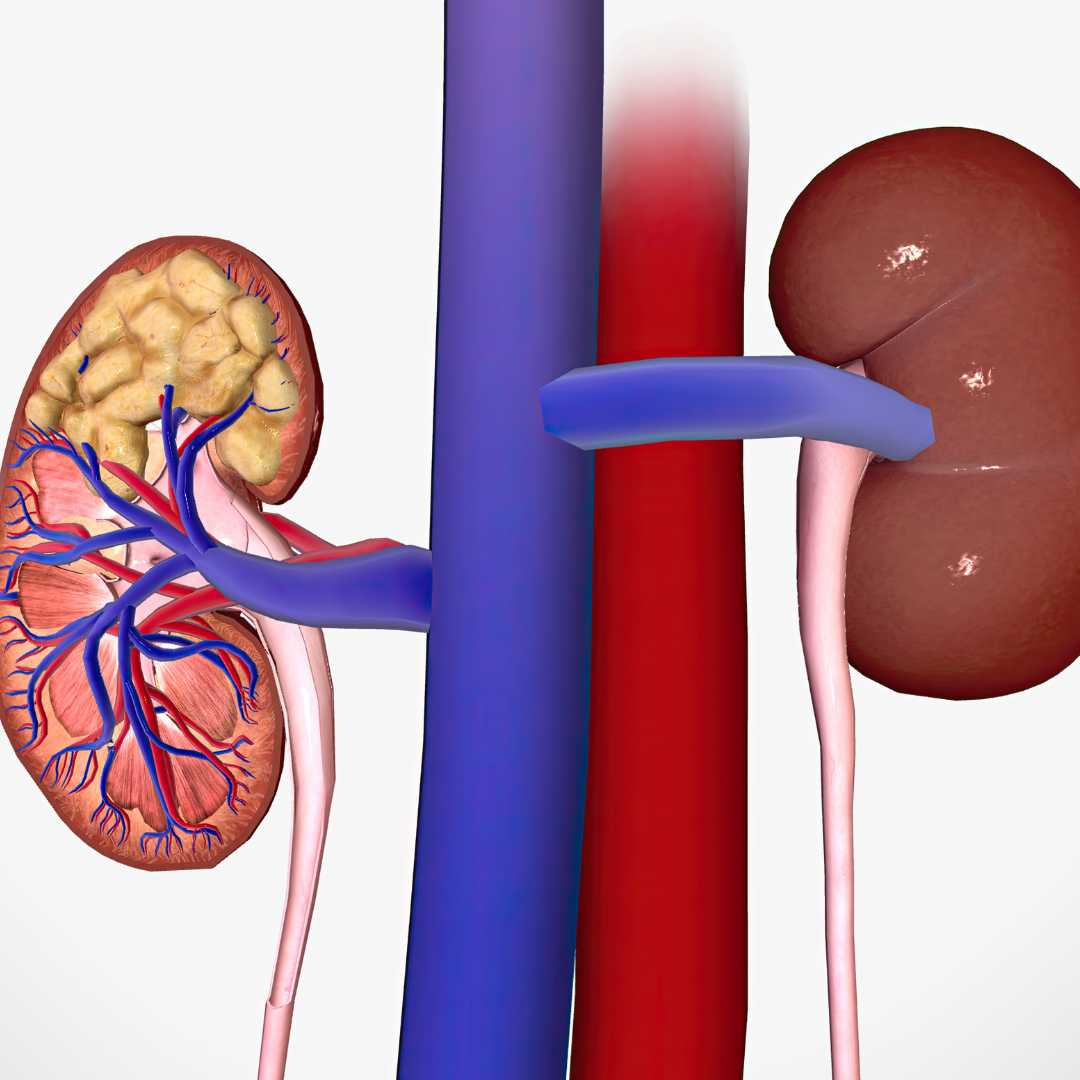Organ Transplant in India
When talking about organ transplant, the person who is giving an organ is called a donor and the one who receives it is called a recipient.
In India, an individual can be a donor irrespective of his/her caste, religion, age, gender or community. The donor needs to be a close (first degree) relative (mother, father, brother, sister, child above 18 years old), or the patient's spouse. There is no age limitation when it comes about being an organ donor. If the organ donation consent from the parents or legal guardians is signed, children (under 18 years old) can be organ donors, too. In each case, the medical suitability of the donor is assessed by a doctor.
However, persons suffering from HIV/AIDS (positive), infection, cancer, bacterial/blood disease or drug use don’t meet the criteria of becoming organ donors. When someone has Hepatitis C, he/she can donate organs only to a person who has Hepatitis C as well. Even if this happens very rarely, the same rules are applied for people who have Hepatitis B.
The documents (in original) that the needs to carry in order to get approvals for the transplantation are: donor identification letter (from the Secretariat of the country of residence), recipient identification letter (Secretariat of the country of residence), age declaration of donor (High Court of the country of residence), age declaration of recipient (High Court of the country of residence), relationship proof of the donor and the recipient (High Court of the country of residence), referral letter from the treating hospital of the country of resident, donor's consent (High Court of the country of residence), family photo (both donor and recipient have to be present in the photo), family tree document (authority in the country of residence).
There are two types of donors: Living donors (who can donate a lung, intestine, a part of the liver, a kidney and pancreas) and Deceased donors (who can donate intestinal organs, liver, heart, lungs, kidneys and pancreas).
There are several Indian clinics that perform organ transplants according to the requirements stated above.
Organ Transplant Clinics in India:
- Customize treatment programs according to each patient’s specific needs
- Are fully equipped
- Use advanced technology and supplies
- Have a friendly, attentive staff
- Provide a professional, comfortable environment to their patients
- Have a friendly and attentive staff
- Have highly trained certified specialists, which are internationally recognized and have an extended professional background
- Offer flawless medical services
Organ Transplant Clinics in India You Can Visit:
Manipal Hospital, Bangalore, India
Medanta | The Medicity, Heryana, India








.png)

